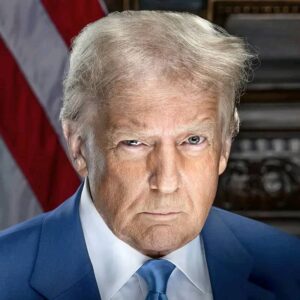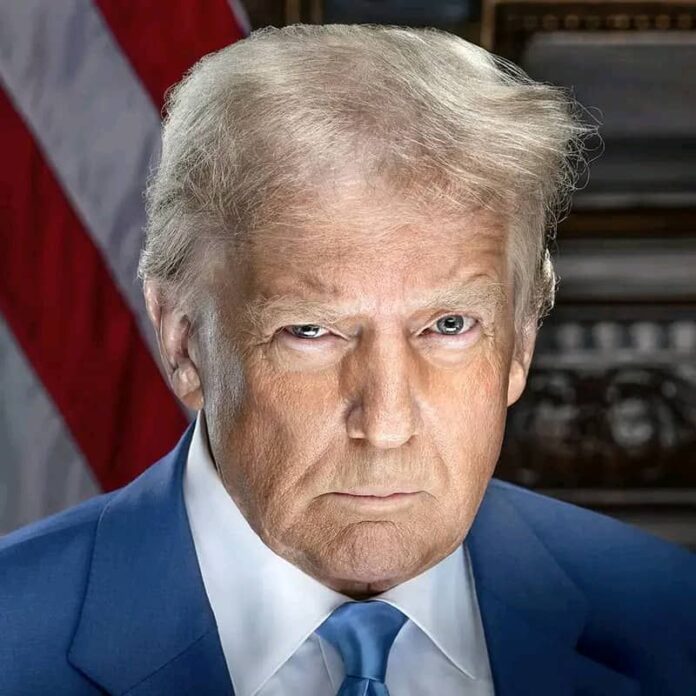By Burnett Munthali
The President of the United States of America, Donald Trump, has announced that his administration will seek the death penalty for all murder cases in Washington, D.C.
Trump described the policy as a “strong preventative” measure against crime in the nation’s capital.
According to international news outlets, the President made these remarks during a White House cabinet meeting.

He tied the new policy to Washington, D.C.’s status as the national capital, vowing to make the city a “beacon” for law and order.
This move comes on the heels of Trump’s deployment of over 2,000 National Guard troops and federal agents to Washington, citing what he described as “complete lawlessness.”
The plan has met resistance from local officials.
D.C. Mayor Muriel Bowser rejected the proposal, highlighting that violent crime in the city had already dropped by 26 percent in 2025.
Mayor Bowser called the federal intervention and the death penalty proposal an attack on local autonomy.
*Concluding Analysis*
The Trump administration’s proposal to impose the death penalty for all murder cases in Washington, D.C., represents an unprecedented escalation in federal criminal policy.
While proponents argue that such measures are necessary to deter violent crime, local authorities emphasize that recent crime reductions indicate that aggressive federal intervention may be unnecessary.
The conflict underscores broader tensions between federal authority and local governance, particularly in the unique jurisdiction of the nation’s capital.
As this policy unfolds, it will be closely watched internationally, with significant implications for civil rights, legal precedent, and the balance of power between local and federal government in the United States.



